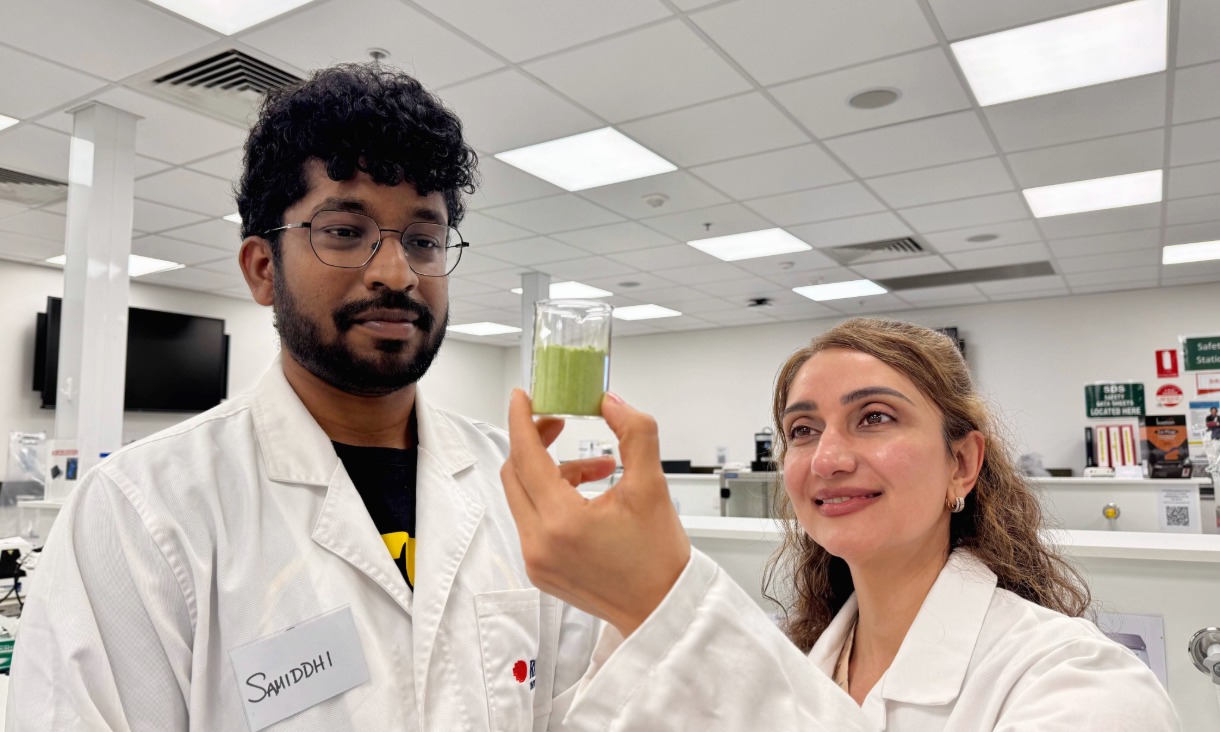Dr Sharayah Carter, Human Biosciences (Nutrition and Dietetics)
“Recent discussions at the Food Ministers’ Meeting have highlighted key changes to the Health Star Rating (HSR) system in Australia.
“This system aims to help consumers make healthier choices by rating foods from half a star to five stars, with more stars indicating a healthier option.
“Unfortunately, only 32% of products currently carry the rating, falling short of the 60% target set for 2024. This gap highlights the need for improved implementation and effectiveness of the HSR system.
“A significant step forward is the decision to shift oversight from the food industry to government regulators. This change will place management of the HSR system under Food Standards Australia New Zealand (FSANZ) and the Food Regulation Standing Committee, increasing transparency and reducing industry influence.
“However, while this move is promising, simply making the HSR system mandatory won’t address all its issues.
“The current system can be manipulated by food manufacturers.
“For instance, ultra-processed foods – linked to health issues like diabetes, heart disease and cancer – often contain few or no whole food ingredients and undergo multiple processing steps, including the addition of sweeteners, colourings, flavourings and emulsifiers. These products can still receive high star ratings if they add back certain healthy nutrients like protein or fibre.
“For example, sugary breakfast cereals might score high due to added fibre, and diet soft drinks might get a good rating despite their low nutrient value because they use artificial sweetener instead of sugar.
“Therefore, it is essential to review and update the HSR system to close these loopholes and ensure that ratings truly reflect a product’s healthiness.
“Education also plays a vital role.
“Many consumers know that items like lollies, chips and biscuits are ultra-processed and provide no health benefits, but they may not realise that seemingly healthy foods like flavoured yoghurts, protein bars, ready-to-eat meals, cooking sauces, and even baby food can also be ultra-processed.
“Raising awareness about this is key to helping people make more informed choices.
“Additionally, the Nutrition Information Panel (NIP) needs improvement.
“While the NIP provides details about a food’s nutritional content, it can be confusing.
“Simplifying and standardising the NIP, and highlighting key factors such as added sugars, artificial ingredients and processing methods, will help consumers better understand what they are eating. For instance, making a clearer distinction between naturally occurring and added sugars can make a significant difference.
“Ultimately, food labelling should offer clear, accurate, and easy-to-understand information to help Australians make healthier choices.
“This requires not only regulatory changes, but also collaboration with public health experts, nutrition experts, and consumers.
“The recent decisions at the Food Ministers’ Meeting are a positive step forwards, but ongoing efforts will be crucial to ensure these changes lead to real health benefits for everyone.”
Dr Sharayah Carter is a Lecturer in Human Biosciences (Nutrition and Dietetics) with over a decade of clinical experience as an Accredited Practising Dietitian. Her research focuses on chronic disease prevention and treatment, particularly in cardiometabolic conditions, with interests in behavioural lifestyle modifications, personalised nutrition, lifestyle medicine, and food equality and sustainability.
***
General media enquiries: RMIT External Affairs and Media, 0439 704 077 or news@rmit.edu.au







